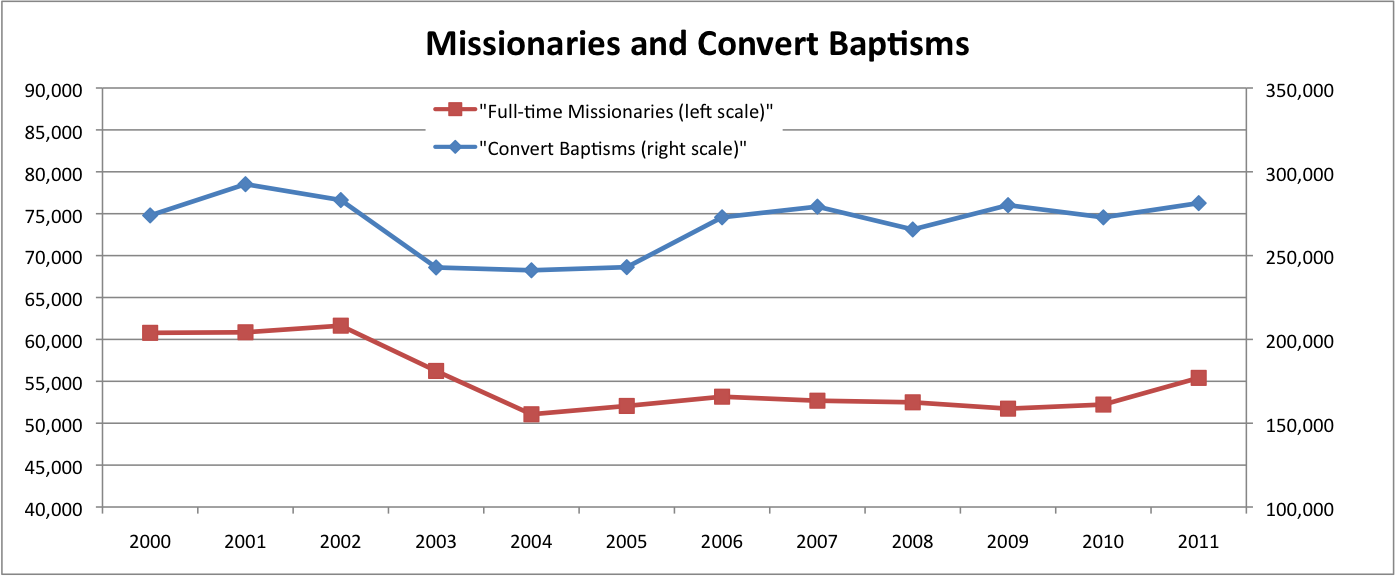-
•
•
20 responses
Ross Douthat posted a column adapted from his new book, Bad Religion: How We Became a Nation of Heretics (Free Press, 2012). Mormons are used to denigrating references — recall Mitt Romney’s response to the Baptist pastor Robert Jeffress, “I’ve heard worse” — but it still has some shock value for most American Christians, who generally think they deserve a pat on the back instead of a kick in the … shin. Welcome to the club, fellow heretics. Read More
-
•
•
11 responses
By 1908, Elder Heber J. Grant had begun to lead LDS lobbying on behalf of Prohibition. By 1917, Utah had joined the ranks of the “dry” states, and on January 16, 1919, Utah became the 35th state to ratify the 18th Amendment. In October of that year, the Volstead Act implemented the Amendment, and alcohol was banned in the U.S. Read More
-
•
•
2 responses
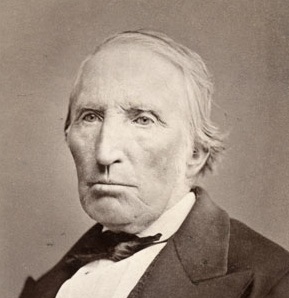
The culmination of King Benjamin’s address to his people was the “mighty change” they experienced which led them to repent and covenant to keep the commandments and to seek to do good continually. While the scripture says that they “had no more disposition to do evil,” given the later history of this people, we might surmise that the disposition didn’t last. Nor did Benjamin expect that his people would remain sinless, but instead they would likely need a disposition to seek and obtain forgiveness. I suspect that one aspect of the “mighty change” described in the Book of Mormon is… Read More
-
•
•
4 responses
-
•
•
56 responses
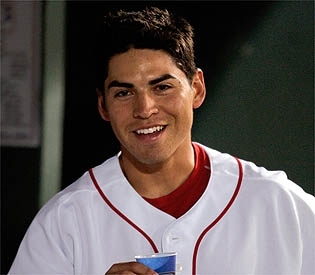
I’m late preparing this information for 2012, but since I’m going tonight to a game for the first time this year, I thought I’d better get this information together and post it. After a good year last year that saw two Mormons in baseball’s All-Star game and at one point perhaps 13 active players who are Mormon, the prospects for this year look promising, but not at the level of 2010. Read More
-
•
•
15 responses
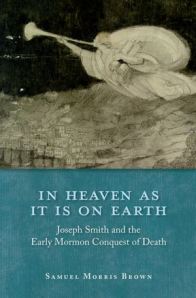
I recently finished reading Samuel Brown’s In Heaven as It Is on Earth: Joseph Smith and the Early Mormon Conquest of Death (Oxford University Press, 2012; publisher’s page). It’s an impressive book, although I disagree with the implicit argument of the book that the esoteric branch of Joseph Smith’s eclectic and diverse theology is central to his thinking and, by extension, should be central to present-day Mormonism. It is a book anyone interested in Mormon Studies should read (twice), but probably not the first or even second book on Joseph Smith that a practicing Mormon should read. Read More
-
•
•
36 responses
It seems hard to deny that some kind of structure, however fragile or unstable, organizes human experience. And it seems hard to deny that a major aspect—if not the determining characteristic—of the structure of experience is time. Let’s grant all that for the purposes of this week’s discussion. If we take as paradigmatic the structure of a formal system, it turns out that there are two possibilities when it comes to a structure, as the early twentieth century’s greatest mathematical minds taught us: if a structure is consistent, it is incomplete; if a structure is complete, it is inconsistent. More… Read More
-
•
•
35 responses
It’s pretty obvious that wheat is spiritually required. Let’s list some reasons why: 1. The Doctrine and Covenants says directly, “wheat for man.” 2. Jesus ate wheat, and specifically gave wheat to his followers and commanded them to eat it. Multiple times. 3. Jesus specifically said that wheat is righteousness. 4. There are about a zillion other scriptural references to wheat. 5. Modern prophets have said a whole bunch of things about the awesomeness of wheat. 6. It is objective fact that wheat is yummy. Now I realize, there are some people who may struggle with living this principle. Celiac… Read More
-
•
•
7 responses
-
•
•
39 responses
If you want to know where Mormonism going, look at Mormon missionary work. Mormonism is nothing if not a missionary church. Indeed, the evangelical imperative of the religion has consistently defined its teachings, theology, and culture. For example, if one is looking to read Mormon theology in the nineteenth century, you would find little in the way of theological treatises. Rather, you would find missionary tracts like Pratt’s Key to the Science of Theology, or you could read sermons, sermons whose doctrinal content is almost always embedded in an explicit or implicit theological polemic against American Protestantism. This is because… Read More
-
•
•
4 responses
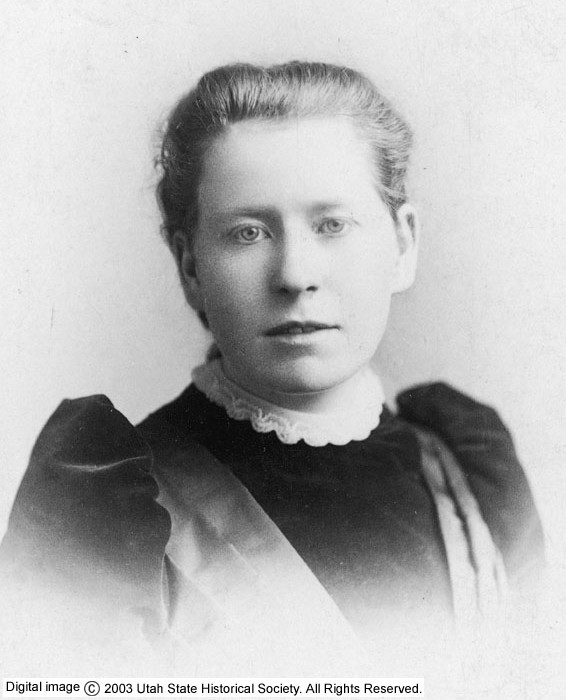
King Benjamin’s oft-cited dictum that service to our fellow man is service to God is well known among Mormons. And, if surveys like the recent University of Pennsylvania survey are accurate, Mormons do quite well putting the idea in practice. Still, better than others doesn’t mean that we are where we should be or ought to be. And, like all humans, we have our rationales for failure to act. So perhaps a poem that addresses our failures will work well with Book of Mormon lesson #15. Read More
-
•
•
5 responses

The door is the first thing I notice: an automatic sliding door with three wide panels of glass. When I step on the sensor mat, the third panel slides back behind the second and the second slides back behind the first, leaving a doorway at least ten feet across. It takes me a minute to remember where else I’ve seen a door like this: the children’s hospital. The ER, to be exact. Not the main entrance, but the one in the ambulance zone, where EMTs rolled gurneys bearing little bodies into the fluorescent light of the trauma center. But this… Read More
-
•
•
3 responses
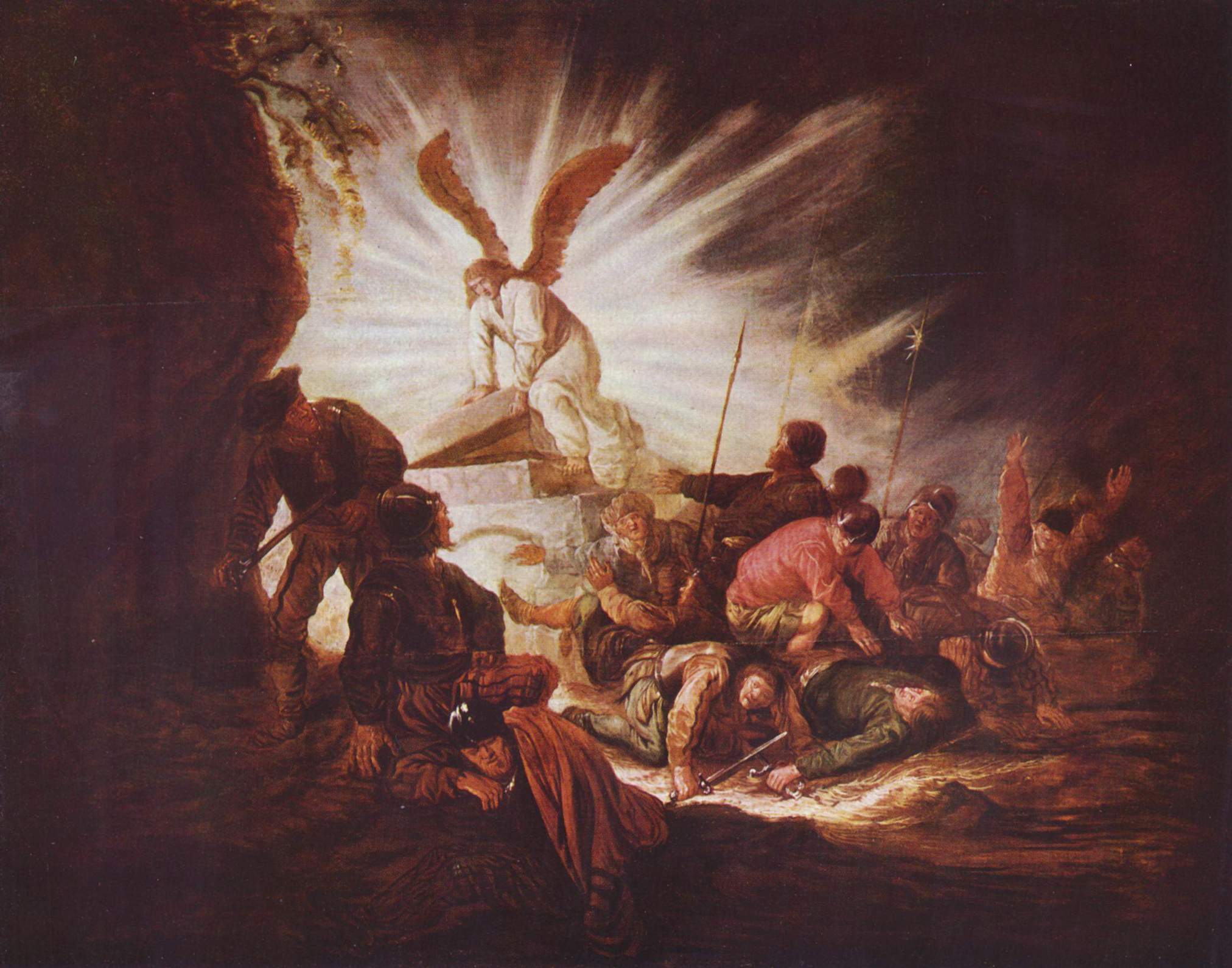
The hot cross buns in the kitchen are on their final rise; meanwhile, the kitchen smells of cinnamon and allspice and lemon and orange zest. Read More
-
•
•
51 responses
For many people, being confronted by a panhandler presents a moment of profound moral choice. I think that these people are confused. As I understand it, the panhandler presents a moment of profound moral choice because he forces us to confront the reality of poverty and our willingness to do something about it. To give money to the panhandler is to act as Christ’s disciple, ministering to the poor. To walk by the panhandler is to ignore the poor and the downtrodden. The text I have most often seen in church for framing this crisis comes from King Benjamin’s address:… Read More
-
•
•
33 responses
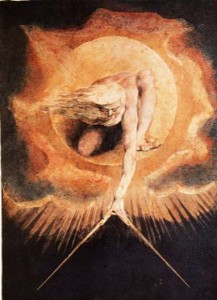
The trouble is time. When the Buddha first turned the wheel of the dharma with his inaugural discourse at Varanasi, he articulated the first pressing reality (i.e., the first “noble truth”) of life as the truth that “Life is suffering.” He could just have easily said, “Life is time.” Gotama claimed this “stainless insight” into the order of experience on the basis of an intensive, first-person phenomenological investigation of life as it is lived. 20th century phenomenology is in fundamental agreement: the transcendental horizon of experience is time. Time is troubling. This being troubled is the stuff of life and the… Read More
-
•
•
53 responses
Mormon doctrine is showing up in unlikely places lately, including the campaign trail, where earlier this week Mitt Romney squelched a questioner’s short speech that started off quoting from the Pearl of Great Price. I suspect that will not be the last doctrinal question of this campaign. But the glare of heightened publicity and attention that comes with having an LDS candidate on the presidential ticket is making it evident that Mormon doctrine — simply what it is and what it isn’t — is just not all that clear. Read More
-
•
•
24 responses

The other day, Nate responded to many of Jana Riess’s criticisms of the City Creek mall in Salt Lake. As I read her piece, one sentence jumped out at me. Read More
-
•
•
14 responses

We are now in Holy Week, and Lent is ending. I’ve been fasting. It’s nothing onerous; just giving up sweets and meats. I’m not a huge fan of penance and self-flagellation, but to be honest, I probably eat too much of both categories for both my conscience and my health. But even if a little guilt is in order, I don’t see any profit in wallowing or groveling. Lent is the perfect time to reset my habits. It is a well-defined period of fasting that, if not observed, is at least recognized throughout Christendom. And it is that very definition,… Read More
-
•
•
64 responses
The embarrassing appearance of BYU Professor Randy Bott’s unsavory speculations about race in a Washington Post article a few weeks ago will undoubtedly have led some BYU administrators and perhaps even some members of the Board of Trustees to spend a few moments thinking carefully about the way BYU teaches church doctrine. It is disturbing to find that one of the most popular teachers at BYU has been continuing to teach ugly ideas that were denounced from the highest levels of the church decades ago. Thousands of students have listened to his lectures. This is an institutional failure, not merely… Read More
-
•
•
193 responses
Jana Riess, a person for whose intelligence and good will I have a great deal of respect, has an article up criticizing the new City Creek mall that that Church has financed in Salt Lake City. You ought to go read Jana’s article. To massively over simplify her point, the mall represents a basic moral failure because the church invested $1.5 billion in the project. This money could have been spent on the poor and rather than a glitzy palace to consumerism. There is a simple and powerful logic to Jana’s claim, but I think that by failing to work… Read More
-
•
•
3 responses
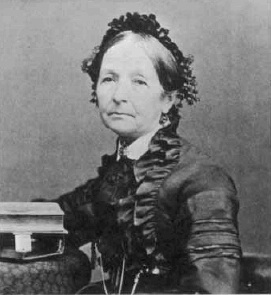
Perhaps the most dramatic incident in gospel doctrine lesson #14 is Enos’ prayer; an example that has no doubt led many LDS Church members to wonder about their persistence and perseverance in prayer. Indeed, Enos’ story of his prayer is generally taken as a lesson in how to pray and what prayer means. It might also be said that Mormonism began with a prayer, and an answer to that prayer that came by way of a vision. That fact, as well as many other examples of prayer, is common in Mormon literature. However, few poems actually discuss the role of… Read More
-
•
•
3 responses
-
•
•
16 responses
President Uchtdorf conducted the closing session of General Conference. Direct quotations of a speaker’s words (based on my notes) are given in quotes; other text is my summary of the remarks given. Any text in italics represents my own editorial comment. Read More
-
•
•
11 responses
President Eyring conducted the Sunday morning session, featuring talks by President Dieter F. Uchtdorf, Elder Russell M. Nelson, Elder Ronald A. Rasband, Sister Julie B. Beck, Elder D. Todd Christofferson and President Thomas S. Monson. Direct quotations (based on my notes) are given in quotes; all other text represents my summary of the remarks given. Parenthetical comments and discussion notes at the end of the post in italics are my own editorial comments. Mormon Tabernacle Choir: Teach me to Walk in the Light of His Love President Dieter F. Uchtdorf, second counselor in the First Presidency, on broken relationships and… Read More
-
•
•
5 responses
President Eyring conducted the Saturday evening Priesthood Session. Direct quotations (based on notes by Kent and myself) are given in quotes; all other text represents my summary of the remarks given. Text in italics is my own editorial comment. I have highlighted in bold type one particularly striking thought or comment in each talk. Read More
-
•
•
15 responses
President Eyring conducted the Saturday afternoon session. Direct quotations of a speaker’s words (based on my notes) are given in quotes; other text represents my summary of the remarks given. Any text in italics represents my own editorial comment. Read More
-
•
•
8 responses
President Uchtdorf conducted the Saturday morning session, featuring talks by President Boyd K Packer, Sister Cheryl A. Esplin, Elder Donald L. Hallstrom, Elder Paul E. Colliger, Elder Dallin H. Oaks and President Eyring, with brief introductory remarks by President Monson. Direct quotations (based on my notes) are given in quotes; all other text represents my summary of the remarks given. Parenthetical comments and discussion notes at the end of the post in italics are my own editorial comments. Read More
-
•
•
One response
Good morning, Conference viewers. Times and Seasons will once again post session-by-session summaries of Conference by Kent and Dave. Whether you are attending in person, listening on television, iPad, or radio, or will miss a session due to conflicts, we hope the posts add something to your Conference weekend. Read More
-
•
•
9 responses
Below are notes from today’s live-streamed presentations at Utah Valley University’s Mormonism and the Internet conference. I will bold particular comments that stand out as I listen. Readers are welcome to make additional observations in the comments. Any reader attending in person? Read More

